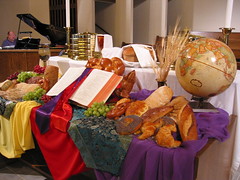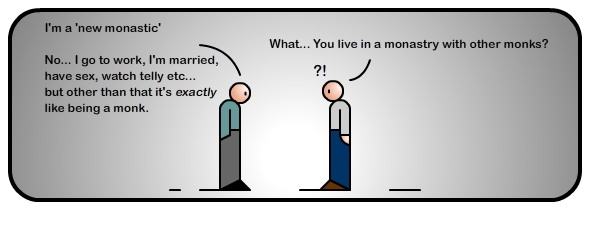So it is with great interest I read the following today. This account from Brennan Manning's All Is Grace: A Ragamuffin Memoir is stunning. I could sit and read this again and again. It really tests the limits of my own understanding of grace and it makes me question whether or not the grace in my life has become too sterile...too safe.
Grace is vulgar.
Enjoy.
My life is a witness to vulgar grace — a grace that amazes as it offends. A grace that pays the eager beaver who works all day long the same wage as the grinning drunk who shows up at ten till five. A grace that hikes up the robe and runs breakneck toward the prodigal reeking of sin and wraps him up and decides to throw a party, no ifs, ands, or buts. A grace that raises bloodshot eyes to a dying thief’s request — “Please, remember me” — and assures him, “You bet!”…This vulgar grace is indiscriminate compassion. It works without asking anything of us. It’s not cheap. It’s free, and as such will always be a banana peel for the orthodox foot and a fairy tale for the grown-up sensibility. Grace is sufficient even though we huff and puff with all our might to try and find something or someone that it cannot cover. Grace is enough…
Sin and forgiveness and falling and getting back up and losing the pearl of great price in the couch cushions but then finding it again, and again, and again? Those are the stumbling steps to becoming Real, the only script that’s really worth following in this world or the one that’s coming. Some may be offended by this ragamuffin memoir, a tale told by quite possibly the repeat of all repeat prodigals. Some might even go so far as to call it ugly. But you see that doesn’t matter, because once you are Real you can’t be ugly except to people who don’t understand…that yes, all is grace. It is enough. And it’s beautiful.
Now go back and read this again.
And again.
How "vulgar" is the grace in your life?
Are you "Real?"
How have you experienced this type of grace?
via










Girdwood Chapel has been formative to my understanding of communion as well. I believe everything I wrote above. It's the highlight of my Sunday. I love being there and I love presiding at communion.
I believe this is what we're made for.